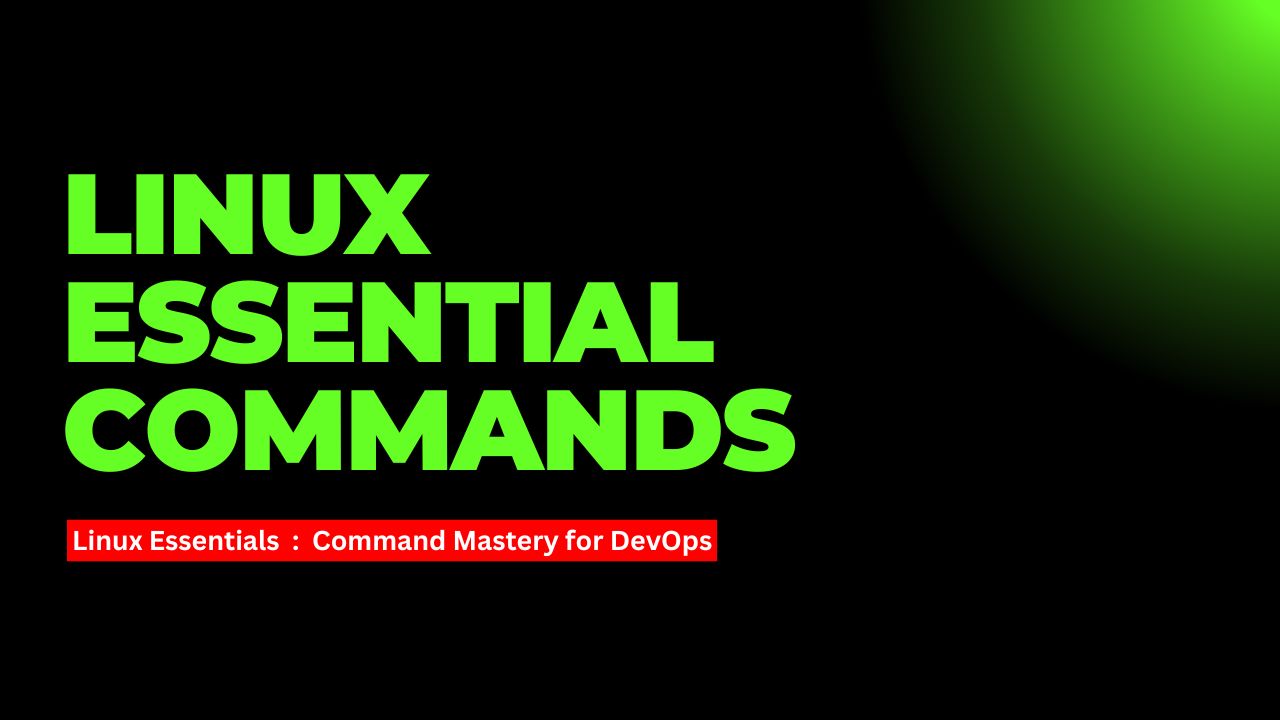Mastering Essential Linux Commands for DevOps Success
 Adeebkhan Pathan
Adeebkhan Pathan
As I dive deeper into my DevOps journey, mastering Linux has become a priority. Here’s a breakdown of some essential commands that are useful for everyday Linux tasks and system administration:
ls– List directory contents, perfect for getting an overview of files.cd– Change directory, a must for navigating the filesystem.pwd– Print working directory, to know exactly where you are in the system.mkdir– Create directories.rm&rmdir– Remove files and directories.cat&zcat– Concatenate and display files, withzcathandling compressed files.touch– Create new, empty files.head&tail– Display the beginning or end of files. Usetail -fto follow file updates.less&more– View file contents with more control over scrolling.cp&mv– Copy and move files/directories.wc– Count words, lines, or characters in a file.viEditor – The powerful Unix/Linux text editor. Learningviopens doors to efficient text manipulation.ln– Create hard and soft (symbolic) links between files.sort– Sort file contents.clear– Clear the terminal screen.ssh– Secure shell, essential for remote server management.df– Disk space usage for filesystems.ps&top– View active processes, system resource usage.kill– Terminate processes by their PID.free&vmstat– View system memory and virtual memory statistics.
These commands will help streamline daily tasks, improve productivity, and make life as a DevOps professional much easier. Stay tuned for more as I continue to master these tools and share my insights along the way.
Happy coding! 🚀
Subscribe to my newsletter
Read articles from Adeebkhan Pathan directly inside your inbox. Subscribe to the newsletter, and don't miss out.
Written by
